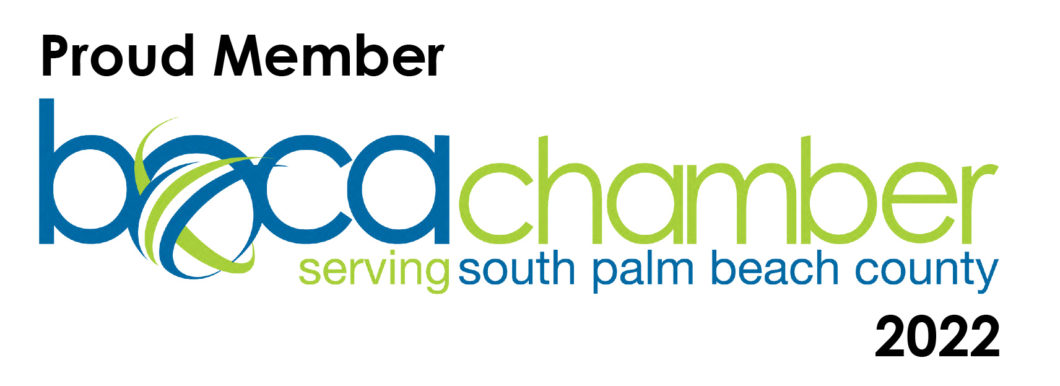Getting legal help as a small business owner might not seem important at first, but soon, you may realize that it’s a mistake not to seek legal advice.
The reason is simple: an attorney has all the knowledge you need when it comes to starting a business, operating it legally and signing contracts or handling various types of sales. Business attorneys have experience handling a wide variety of business concerns.
In fact, we’ve put together a list of 5 of the most common items that all business owners may need help with:
1. Articles of Incorporation
Incorporating your business is a mandatory step, but the problem is that most business owners don’t know what business format to choose.
You can go with a traditional limited liability corporation (LLC), but there are many other options to consider. Moreover, if you’re not careful, you can easily make some mistakes. This is why it makes much sense to hire a professional in such a situation. Additionally, there are specific requirements regarding distributions and taxation of an LLC, which is why an S-corp taxation status can also be important to file.
During this process, you will select a name for the corporation, draft the articles of incorporation, select the board of directors, designate a registered agent, create the bylaws for your corporation, issue stock, file for a business license and then obtain the EIN. You may also want a partner/operating agreement to proactively address items such as business succession, including detailing how and when and at what price the business shares change hands.
Doing all these tasks on your own can be a challenge to navigate, especially if you’re new to the industry. With help from an attorney, you can save a lot of time and money. However, the best part is that you can complete all these tasks correctly and with peace of mind.
2. Trademarking
Applying for a trademark is something that you can do on your own. However, the best approach is to hire a lawyer because he or she is the one that knows how to follow specific procedures, and how to make the process faster. The attorney also knows the formatting requirements, which can save lots of time and effort on your own. Trademarks are category-specific, so you’ll also want professional help when it comes time to ensure that your trademark covers enough use cases and industries to maximize your protection.
Part of the process is also performing a trademark search for you to ensure your business won’t run into copyright infringement laws later on. And if there is a conflict in the registration, you can have sound advice on how to proceed. The right business attorney can help you get your questions answered quickly, in fact, at Lubliner Law, we are proud to be a go-to legal resource for our clients.
When it comes to filing for trademarks, your attorney can even reply to a refusal and help you try again. Plus, if someone is using your trademark without permission, he or she will be able to clear this up and eliminate the problem. You can reduce legal liabilities by setting up your business trademark and intellectual property properly in the first place with the help of a business lawyer.
3. Buy-Sell Agreements
If you share business ownership with a partner, you want to be sure that your assets are legally covered if you part ways. Buy-sell agreements help business partners set up the stipulations for what happens to a business when one partner dies or leaves the company.
Our team at Lubliner Law can help you create the right buy-sell agreement for your business’ needs. They can help you decide whether a cross-purchase agreement or redemption agreement is the right option.
In cross-purchase agreements, remaining owners purchase the share of the business that is for sale. With a redemption agreement, the business entity buys the stock of the company. Depending on your business industry, the size of your business, and the needs of your partners, choosing the right buy-sell agreement type can be difficult. A business attorney can help you in drafting, editing, or approving an agreement.
4. Client Agreements and Contracts
If your business works directly with clients, you will likely sign various contracts and agreements, including independent contractor agreements. These may include new client agreements, project contracts, invoices, and more. Whenever you are ready to enter into a legal agreement with a client, reaching out to an attorney is a smart idea.
Your lawyer can help identify the best terms in your favor to represent your brand, and cover your business in case of losses or disputes from a client. Your attorney can also help you review contracts handed over to you from clients. If a client comes to the table with an agreement of their own, your attorney can help you better understand the terms, and provide modification suggestions before you sign.
Oftentimes, owners have personal connections with their clients. This can make it challenging to handle contracts and agreements objectively. However, when it comes to your business, you’ll want to be protected, and a lawyer can help.
5. Demand Letters
Demand letters are formal notices that are designed to help rectify a problem when a legal claim is made. That could include restitution or performing on some obligation after a breach of contract. All companies can benefit from demand letters when a client does not follow through with prompt payment after a project closes.
Demand letters are also useful when managing vendor contracts and obligations between parties. These letters serve as proof that your business has attempted to solve the contract-related issue, before taking further steps. If your company requires a demand letter, we can help!
Our team can help you navigate the complicated world of contracts, letters, and agreements. If your company interacts with clients or vendors, you need legal assistance to reduce risk. The attorneys at Lubliner Law can help with all of your legal needs. Give us a call at 561-207-2018 or email us to learn more about how we can help.

 5 Things Every Small Business Needs Legal Help With
5 Things Every Small Business Needs Legal Help With 



